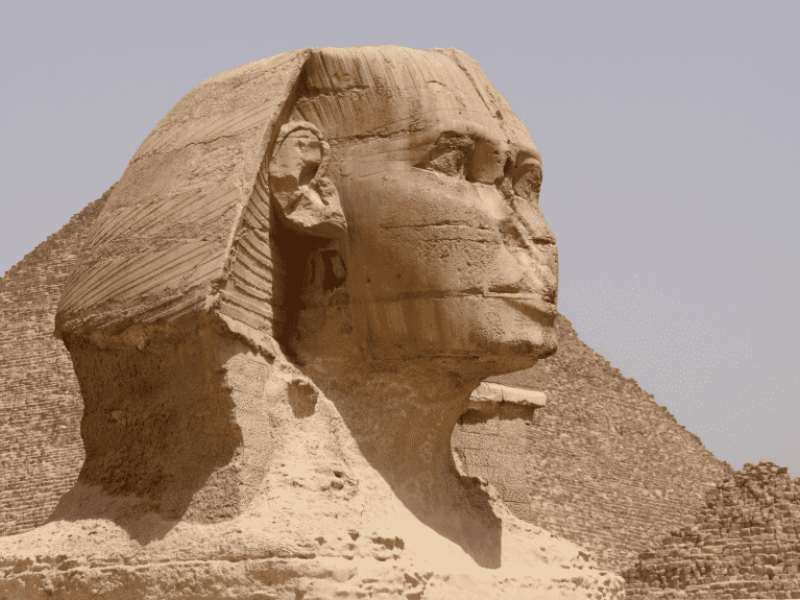
About Egyptology
Egyptology is conventionally defined as the study of the language, history and culture of Ancient Egypt. Often, this is understood to be the period from the late 4th millennium BCE to the early 1st millennium CE, which is the time when documents were written in Ancient Egyptian. However, many Egyptologists favour a broader definition, which also encompasses Egyptian prehistory and further developments in Egypt’s historical development after the onset of Christianity. Contemporary issues, such as ongoing debates about the place of Ancient Egypt’s heritage in the world, ownership of the past, and the antiquities trade, feature prominently in Egyptology too.
The history of Ancient Egypt has served as a source of fascination for many over millennia – with the Ancient Egyptians themselves arguably being the first Egyptologists owing to their interest in their own culture’s past. However, the emergence of academic Egyptology is usually associated with the decipherment of Egyptian hieroglyphs, announced by the French scholar Jean-François Champollion in October 1822 and greatly helped by the discovery of the Rosetta Stone in July 1799, during Napoleon’s campaign in Egypt. The decipherment allowed Egyptology to develop as a historical discipline, with texts playing a vital role in establishing a chronology for key events and greatly aiding the contextualisation of archaeological finds. In the two centuries that have followed, the discipline has transformed itself from what was largely a colonial pursuit undertaken by wealthy private collectors, into a modern academic field with professional practitioners and greater awareness of the need to engage with local communities in Egypt. However, there remains much work to be done as Egyptology seeks to tackle the problematic aspects of its past while building a brighter and more inclusive future for all stakeholders in Egypt’s ancient culture. Christ’s College seeks to be at the forefront of that work.
Kathryn Howley
Alex Loktionov
Rune Nyord
David O’Connor
Gay Robins
Nigel Strudwick
Charles Allberry
Sarah Clackson
Fredrik Hagen
Kathryn Howley
Alex Loktionov
Geoffrey Martin
Rune Nyord
David O’Connor
Gay Robins
Harry Smith
Nigel Strudwick
John Tait
Toby Wilkinson
Rune Nyord
John Tait
Alex Loktionov
Alex Loktionov
Geoffrey Martin
David O’Connor
Harry Smith
Nigel Strudwick
John Tait
Kathryn Howley
David O’Connor
Harry Smith
David O’Connor